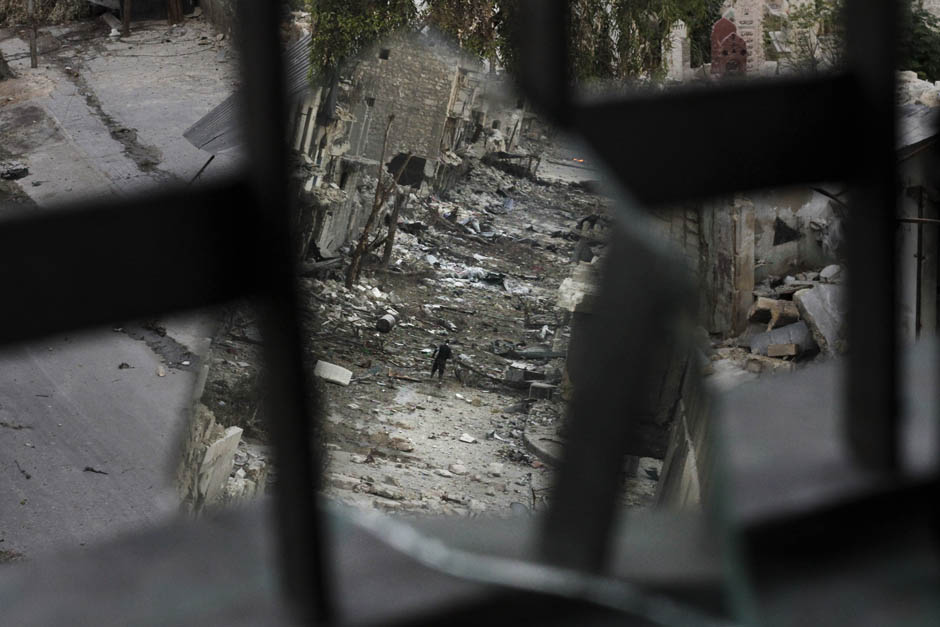Dubai – The identity of the enemy of terrorists has changed in recent decades in that it is no longer limited to the West and the United States, but has come to include fellow terrorists, who do not share the same ideology.
Infighting among extremists has become more frequent as their propagandists and representatives clash over how they view regional and global crises. This will not only shake up the core of these extremist groups, but also spell their end.
Extremist groups were initially united in their ideology, governance, writing and battles. They sought to “globalize jihad and violent extremism in the early years of the 1990s.” They were united in their war against systems of rule and shared a common enemy, dividing the world into believers and infidels.
These fundamentalists remained united under al-Qaeda chief Osama bin Laden. Under his leadership, they were able to repel criticism from within their own ranks and strike counterattacks, the most violent examples of which were the revisionist waves of 2008 and 2009 in Iraq and Libya.
All this began to change however with the eruption of Arab revolts, especially the one in Syria in 2011.
Al-Qaeda in Iraq saw in Syria an opportunity to overcome its own crisis that was sparked by its loss of the Anbar province in 2007 and in the Sons of Iraq (“Sahwat”) offensive that ended in 2009.
This paved the way for the emergence of the ISIS militant group in Iraq, led by Abu Bakr al-Baghdadi.
Initially, bin Laden had insisted that al-Baghdadi’s term be temporary. Ayman al-Zawahari had also later urged him to “repent” in order to ease the bloodshed in Syria.
The extremist groups have been a major burden on the noble agenda of the civilian uprising in Syria. This has been well exploited by the regime that has used these groups to justify its war and its sectarian militias that have tarnished the image of the revolt.
But as the extremists have infiltrated the revolution, they too have been infiltrated by opportunists from their own ranks. This has been demonstrated by ISIS’ insistence to fight all who do not agree with them, whether they are westerners, civilians or fundamentalists alike.
Salafist Abu Basir al-Tartusi had waged a vocal attack against ISIS, insisting that jihad be waged in Syria. He also adopted a more lenient approach towards its various factions. These were views shared by Salafists Abu Qatada al-Filistini and Abu Mohammed al-Maqdisi.
ISIS retaliated by releasing various publications denouncing its critics, including al-Qaeda members. It held al-Zawahiri personally responsible for the clashes in Syria between ISIS and its rivals in other fundamentalist groups.
The differences over Syria will likely spell the end of these groups because they are now as divided as the country they have played a role in fragmenting. Their ever increasing intolerance and rejection of the other should be exploited to bring about their demise.
